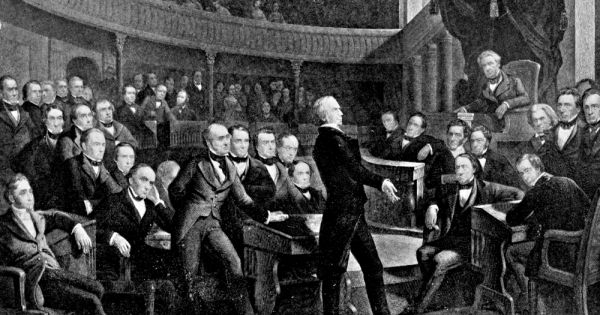
Originally posted June 13, 2021, but worth a second look.
The Core Curriculum at universities (not to be confused with “Common Core“), sometimes called general education requirement, is determined by faculty and legislative leadership. Unfortunately, some students, parents, and even faculty and university leaders see these courses as what a student “must get out of the way before they really begin to study.” This view undermines the core of the educational process. General educational requirements that survey the human condition are the nucleus of being an educated human being. The Core Curriculum originated at Columbia University in 1895. Unfortunately, through convolutions of academic “politics,” the core curriculum has frequently become balkanized into a series of special topics of interest to individual faculty and a few students that may not provide the comprehensive overview intended when the core was conceived—shame on us.
The strength of various aspects of a core curriculum is subject to legitimate debate. However, the importance of a consistent foundation for students to launch into further study of disciplinary areas, matters of mathematical and scientific understanding, expanded insights and ideas regarding the human condition that undergird a free society are all inarguable according to the American Council of Trustees and Alumni. A look at history requirements is informative. At some institutions, faculty members no longer participate in teaching surveys or overview courses in history. Regrettably, such work is perceived to be uninteresting and unchallenging. Resources wasted on students who don’t care or who live beneath the whetted edge of a faculty member’s razor-sharp intellectual interests—what a shame.
The applicability of core curriculum courses to everyday life is challenging but important in understanding history. Unfortunately, core courses are frequently sacrificed on various altars: utility of knowledge, political correctness, faculty preference rather than student need, and disciplinary expertise are a few examples. Nevertheless, the value of a common body of knowledge binding individuals into a larger social group is a staple of an informed educational process.
At West Texas A&M University, a 42-semester credit hour core curriculum is required in various study areas. Every state-supported institution in Texas has a similar set of compulsory requirements. Six hours of this core must be completed in U.S. History. Typically, one course would cover the beginning of our nation through post-Civil War Reconstruction while the second, the industrial revolution to the present day. A great deal of ground, to be sure, but the planted seeds of our free, economically vibrant society, warts and all. Four other specialized courses are recently allowed as proxies for these surveys. At WT, in the fall of 2019, 733 students enrolled in core history requirements. Of those, 87.45% were enrolled in traditional core survey classes, and 12.55% were enrolled in specialized history options. I believe every student should take the two survey courses without substitution to help create a shared understanding of our nation’s evolution.
By comparison, at the University of Texas in the fall of 2019, 3,911 students enrolled in various courses to meet core curriculum requirements. Of those, 62.23% selected traditional core courses. The balance, 38.54%, opted for 21 different courses (there may be others), providing increasingly narrow perspectives of U.S. History. The history of a wide variety of ethnic and national groups in the U.S., Foreign Relations, The Founding of the U.S. or the Revolutionary War. Every one of these courses could be interesting, but by design or default, they might not provide an overview of our nation’s evolution. As electives, these have great value. However, cafeterias, while potentially immediately gratifying, may not provide the benefit of balance.
At WT, the history department generally prefers engaged faculty rigorously teaching survey courses to create an informed citizenry capable of critical thought, reflective problem-solving and an appreciation for past and present events. Every history faculty member teaches at least one survey course. The value of this approach? Each student receives insight providing national context. Each faculty member is reminded of the existing knowledge base, or its lack, of new students. Every student should have exposure to a comprehensive and rigorous overview of American History as part of being an educated human being. It’s inarguable. Specialized exposures to various viewpoints can profitably follow.
We live in an imperfect, exceptional nation. But, if the past is dissected into constituent parts before a picture of the whole is appreciated, we systemically deprive students of independent thinking—it is shameful in my view of things.
Walter V. Wendler is President of West Texas A&M University. His reflections are available at https://walterwendler.com/.



